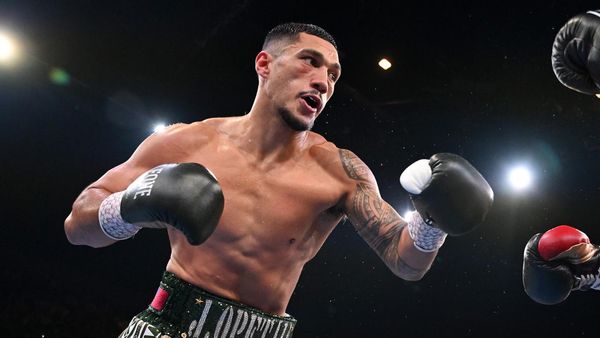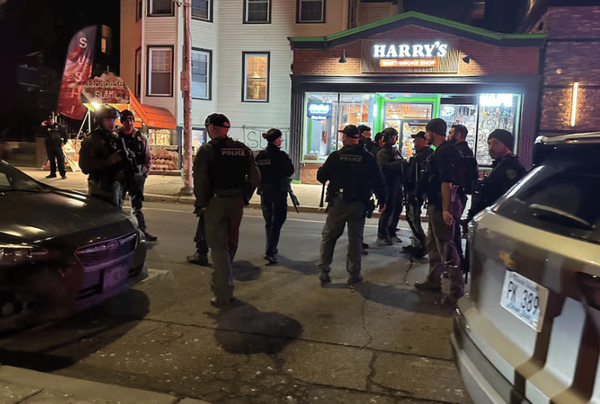
A new grassroots campaign calling for the Russian president, Vladimir Putin, to be tried for war crimes represents an escalation in the demand for justice for the people of Ukraine. Already 2 million have signed a petition calling for Putin’s indictment.
Now, in the run-up to August’s Brics summit (Brazil, Russia, India, China and South Africa) to be held in Johannesburg, more than half a million have already called for the South African authorities to put him in prison if he flies in to their country. This public pressure comes as European leaders meeting in Reykjavík have intensified their call for coordinated intergovernmental action to find a way to punish Putin for his crimes.
The Russian leader’s recent indictment by the international criminal court (ICC) for overseeing the abduction of Ukrainian children is the reason why he can now be arrested on the soil of any country that is signed up to its statutes. Russia has since retaliated by issuing an arrest warrant for the British prosecutor of the ICC, Karim Khan, in the growing confrontation between Russia and Ukraine’s western allies. Russia remains adamant that Putin will take part in the Brics summit, but a special government commission established by South Africa’s president, Cyril Ramaphosa, has concluded that Putin’s presence would violate not only international law but also the laws of South Africa, and he is advising Putin not to attend.
The South African action is important because in April the supreme decision-making body of the ruling African National Congress had complained about the “unequal” and “often selective application of international law”. Ramaphosa reported that the ANC had decided to withdraw South Africa from membership of the court, although it was later clarified as an “error in a comment” and it was confirmed that South Africa would honour its obligations.

The campaign to arrest Putin comes at a significant moment in the war, with Ukrainian troops about to move on to the front foot with a spring offensive designed to retake control of the bridgehead to Crimea. Running an “arrest Putin” campaign alongside this military counterattack piles additional pressure on the leader and his cabal, who now know they are persona non grata in most continents of the world and liable to be arrested if they travel outside Russia. As the Ukrainian Nobel peace laureate Oleksandra Matviichuk has argued, it could make Putin’s generals think twice about following future orders to commit war crimes.
Earlier this year, ICC investigators set out their first body of evidence justifying arrests, confirming that Russia had abducted thousands of Ukrainian children. But this is only the start, with further charges to follow. Rape, torture, mutilation and the indiscriminate bombing of innocent civilians are among the war crimes and crimes against humanity now under investigation. The question is which charge is most likely to succeed in securing convictions. Evidence for war crimes has to be amassed in a way that links Putin directly to acts of brutality and this involves detailed investigatory work that could take years.
However, the charge of aggression is provable by reference to the clear evidence of the decisions made to occupy Ukrainian territory. While the ICC does not have the power to charge Putin with this foundational crime, a special tribunal, modelled on the court set up at Nuremberg to try Nazi war criminals, could do so.
This week the president of the European Commission, Ursula von der Leyen, used the meeting of the Council of Europe to intensify her call for a “dedicated tribunal to bring Russia’s crime of aggression to trial”, citing two options: a tribunal based on a multilateral treaty under which a group of countries like the council of Europe agree to act in unison; or a special hybrid court founded on both Ukraine’s own domestic crime of aggression and international law.
Such a tribunal, which would be vetoed by Russia at the United Nations security council, could be mandated by a majority vote of the 193 members of the UN general assembly which could charge Putin with planning to invade Ukraine starting in 2014 when his troops descended on Crimea.
Whatever happens, August will represent a fork in the road. Either Putin attends the Brics summit, risking arrest, or by staying away he exposes his fear of being arrested. Whichever outcome, a line will be crossed.
The next stage of the campaign to put Putin behind bars will then require upfront American engagement. Joe Biden has said he favours Putin’s arrest but the US still shies away from bringing a special tribunal into being. We have to remind them that it is not enough to will the ends: we have to will the means.
Gordon Brown was the UK prime minister from 2007 to 2010







